Drawing Orbitals
Drawing Orbitals - In two dimensions, we draw it as a circle. Below are representations of the 3s orbital, and the 3p orbitals. This process is the same for the d and f orbitals. Web when drawing an element's electron configuration, arrows are used to represent electrons, and lines or boxes are used to represent the orbitals. Then, fill the lines with an arrow pointing down, until the number of arrows drawn is equal to the electron occupancy. Web so the atomic orbital diagram is simply those orbitals in that order of energy. It discusses how to determine the number of sigma and pi bonds in a mol. This means that the first shell can hold 2 electrons. You need to know what type of pi electron contribution each type of. A p orbital consists of two lobes of electron density on either side of the nucleus. Web for a given atom, the s orbitals also become higher in energy as n increases because of their increased distance from the nucleus. Web every subshell has a # of orbits s/p/d/f that can each hold 2 electrons each (one has the opposite spin of the other). There are similar orbitals at subsequent levels: Web a crash course tutorial. Then, fill the lines with an arrow pointing down, until the number of arrows drawn is equal to the electron occupancy. We usually draw p orbitals as figure eights, but. Any atom with the principal orbital quantum number, n=30. Web so the atomic orbital diagram is simply those orbitals in that order of energy. Web orbital diagrams are a visual. This process is the same for the d and f orbitals. The set of shapes in the snapshots is given for and for combinations of. Web every subshell has a # of orbits s/p/d/f that can each hold 2 electrons each (one has the opposite spin of the other). Web draw any atom: Web bohr's atomic model and its limitations. Quantum numbers, shapes of s, p and d orbitals. For the homonuclear diatomic #o_2#, we simply have two copies of this atomic orbital diagram far apart at first. For an f orbital, see below. Web this organic chemistry video tutorial explains the hybridization of atomic orbitals. Not all electrons inhabit s orbitals (in fact, very few electrons live in s. Web a crash course tutorial on atomic orbitals, quantum numbers and electron configurations + practice problems explained.cc academy videos are easy 101 crash co. Then, fill the lines with an arrow pointing down, until the number of arrows drawn is equal to the electron occupancy. Web for an s orbital, draw a circle; Electrons in the same subshell have the. Additional resources for drawing molecular orbitals. The surfaces shown enclose 90% of the total electron probability for the. Not all electrons inhabit s orbitals (in fact, very few electrons live in s orbitals). Web d orbitals (l=2) subshells with l = 2 have five d orbitals; Note that the #1s# orbitals are significantly lower in energy than the #2s# orbitals. The first principal shell to have a d subshell corresponds to n = 3. Web this organic chemistry video tutorial explains the hybridization of atomic orbitals. Web for a given atom, the s orbitals also become higher in energy as n increases because of their increased distance from the nucleus. For an f orbital, see below. The set of shapes. The # of atomic orbitals = the # of conjugated atoms. Orbital diagrams must follow 3 rules: Web these are arbitrarily given the symbols px, py and pz. Web about press copyright contact us creators advertise developers terms privacy policy & safety how youtube works test new features nfl sunday ticket press copyright. A p orbital consists of two lobes. Web every subshell has a # of orbits s/p/d/f that can each hold 2 electrons each (one has the opposite spin of the other). Web the first two are familiar, the s orbital and p orbitals. The five d orbitals have m l values of −2, −1, 0, +1, and +2. Then, fill the lines with an arrow pointing down,. Web similar to s orbitals the size, and energy of p orbitals increase with an increase in the principal quantum number (4p > 3p > 2p). Web the electrons in an atom are arranged in shells that surround the nucleus, with each successive shell being farther from the nucleus. The first number is the principal quantum number (n) and the. At the first energy level, the only orbital available to electrons is the 1s orbital, but at the second level, as well as a 2s orbital, there are also orbitals called 2p orbitals.a p orbital is rather like 2 identical balloons tied together at the nucleus. Web bohr's atomic model and its limitations (de broglie's equation, heisenberg’s uncertainty principle), concept of shells, subshells, orbitals. The following image demonstrates the order for filling, which should always follow the electron. The set of shapes in the snapshots is given for and for combinations of. 1 = s, 2 = p, 3 = d and 4 = f) for the orbital, and the superscript number tells you how many electrons are in that orbital. Orbital diagrams must follow 3 rules: For the homonuclear diatomic #o_2#, we simply have two copies of this atomic orbital diagram far apart at first. In chemistry orbitals can be classified according to their orientation in a rectangular coordinate system. The five equivalent 3d orbitals of the hydrogen atom. A p orbital consists of two lobes of electron density on either side of the nucleus. This is simply for convenience; Web orbital diagrams are a visual way to show where the electrons are located within an atom. The five d orbitals have m l values of −2, −1, 0, +1, and +2. Any molecule can be formed using linear combination of atomic orbitals (lcao). Any atom with the principal orbital quantum number, n=30. Web the first two are familiar, the s orbital and p orbitals.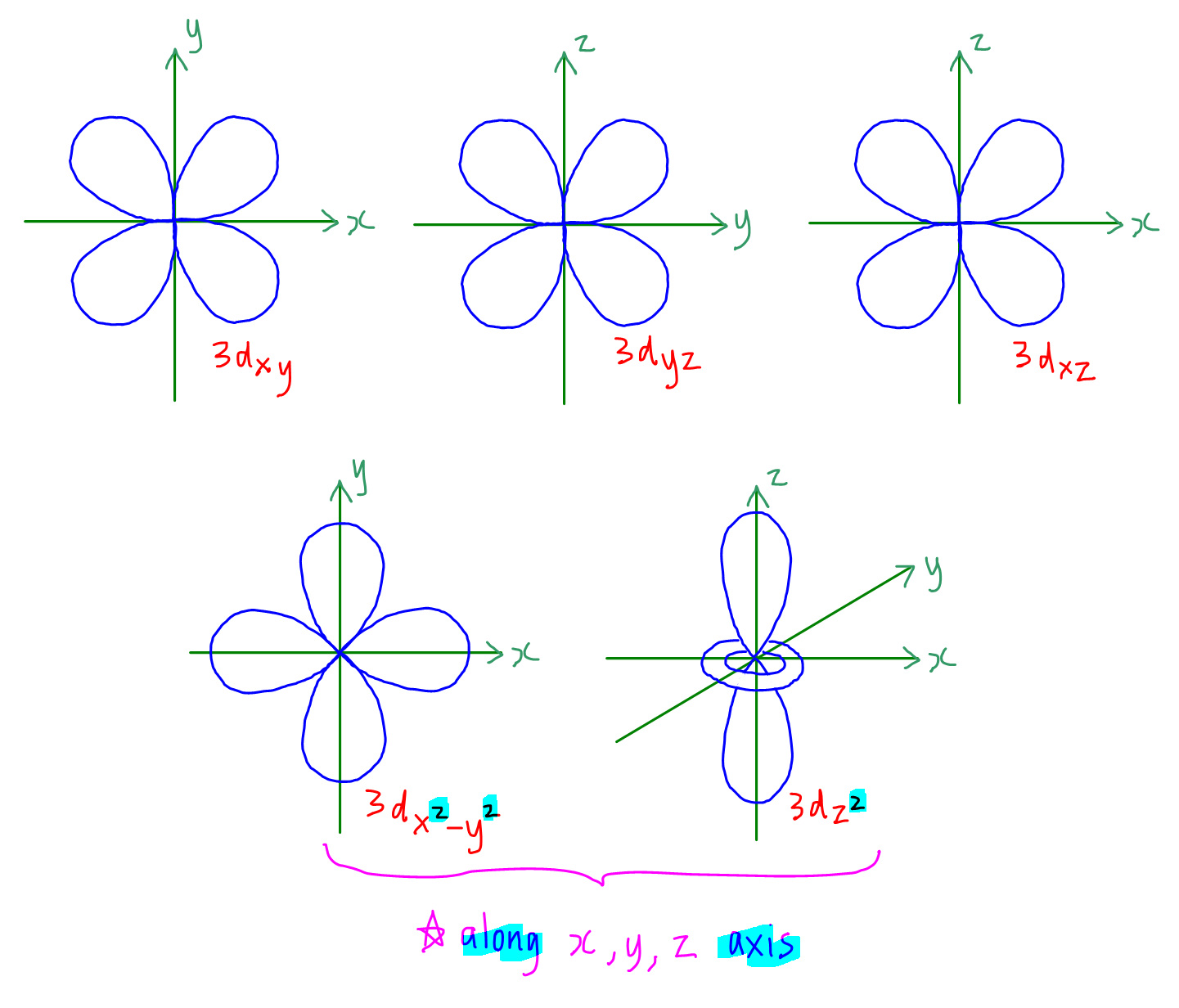
How to Draw Shapes of Orbitals
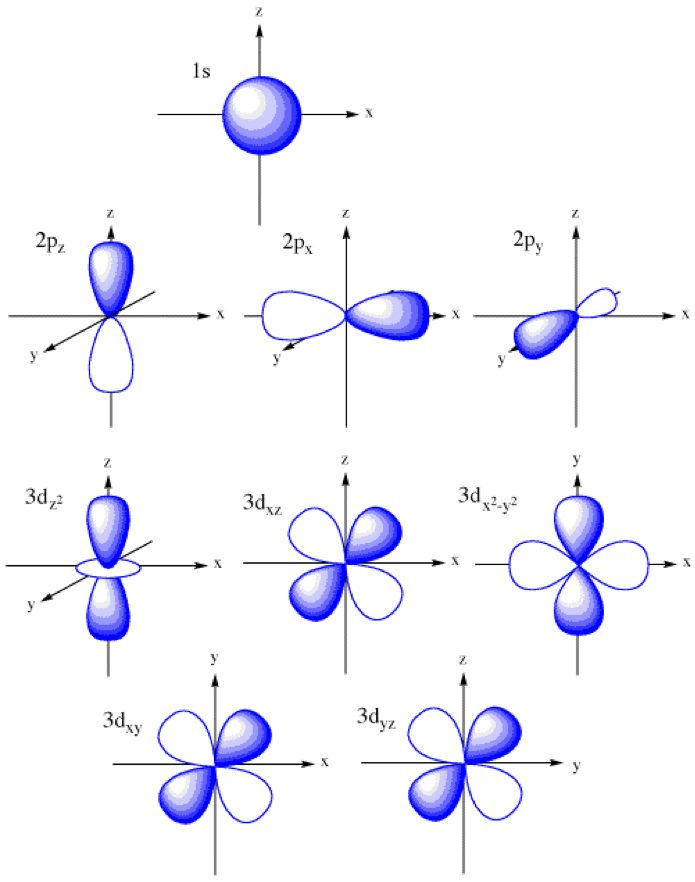
Atomic orbitals explained polizhuge

Orbitals 2. Shape Biochemistry Flashcards ditki medical and
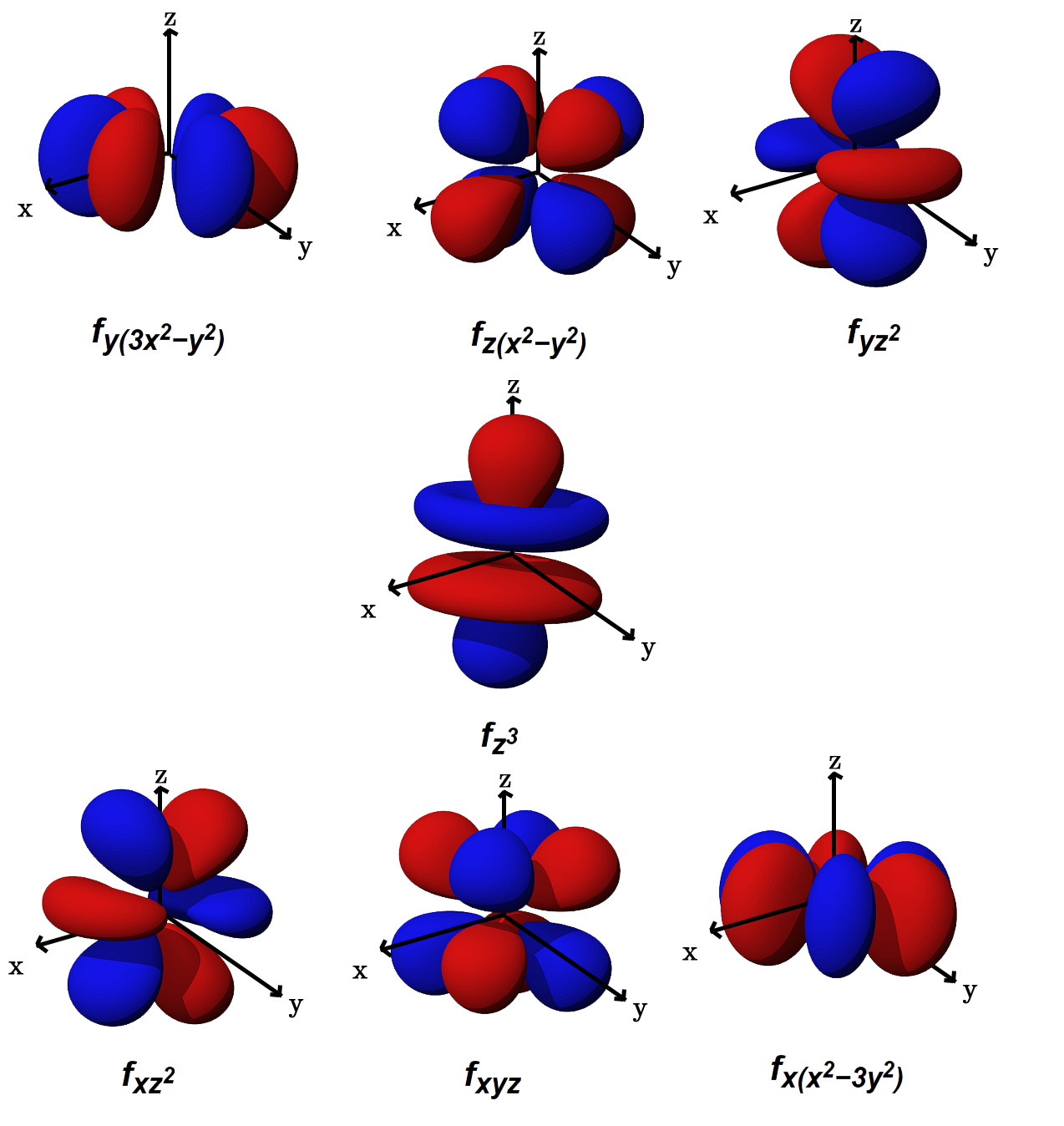
What is the shape of forbital??? + Example

Atoms and Atomic Structure HubPages
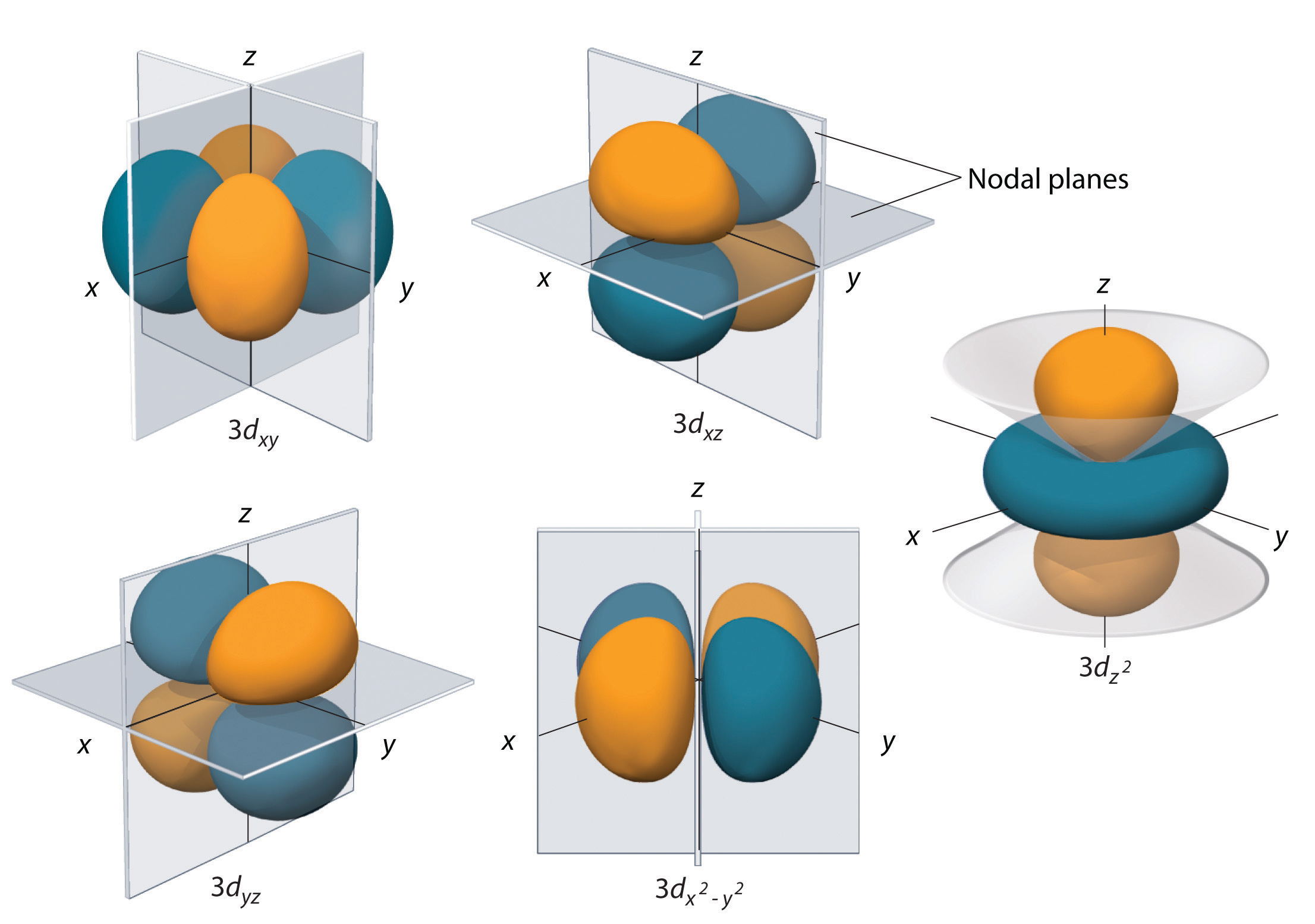
Radial and Angular Parts of Atomic Orbitals Chemistry LibreTexts

Shapes of Atomic Orbitals — Overview & Examples Expii
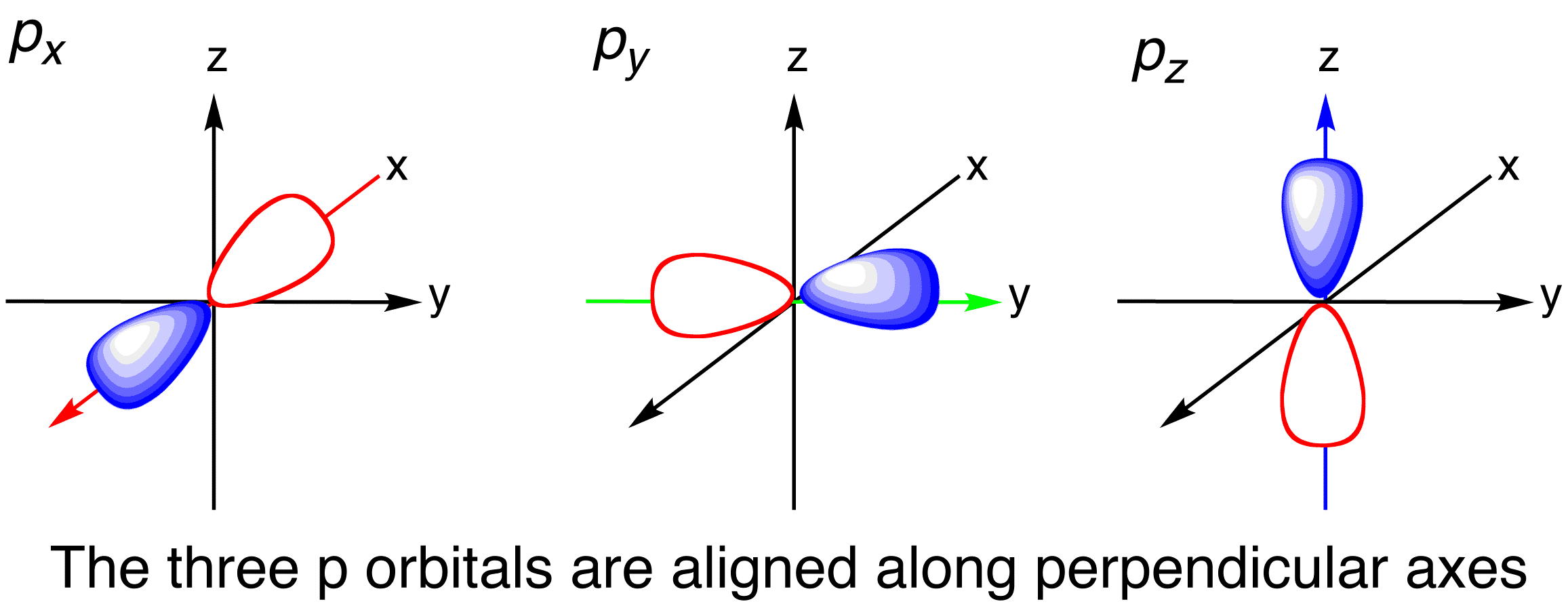
How do you draw s,p,d,f orbitals? Socratic
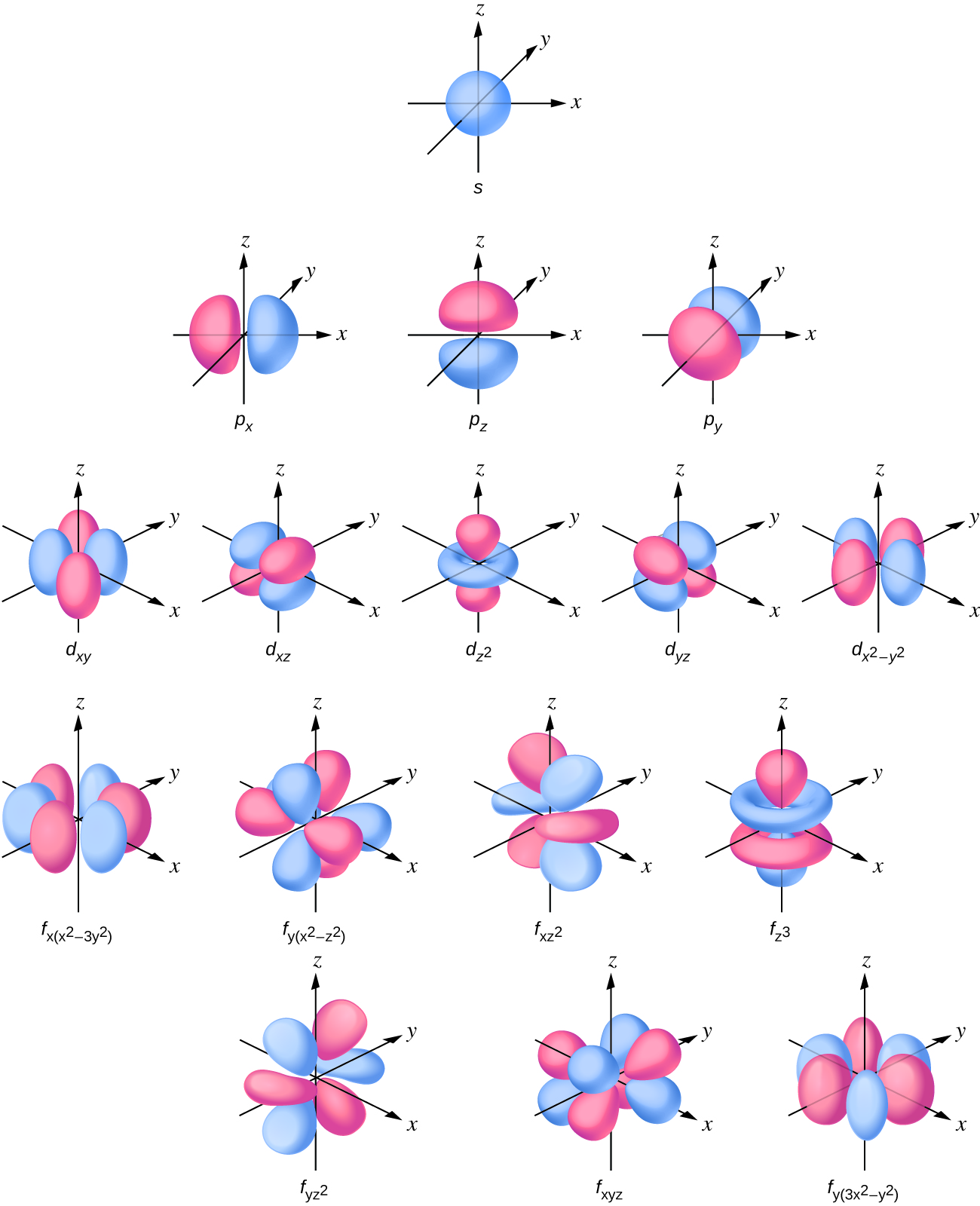
6.6 The Shapes of Atomic Orbitals Chemistry LibreTexts

Shapes of Atomic Orbitals — Overview & Examples Expii
Web A Crash Course Tutorial On Atomic Orbitals, Quantum Numbers And Electron Configurations + Practice Problems Explained.cc Academy Videos Are Easy 101 Crash Co.
The # Of Atomic Orbitals = The # Of Conjugated Atoms.
Fill Those With Oxygen's 8 Electrons (2 Core + 6 Valence).
In Two Dimensions, We Draw It As A Circle.
Related Post: